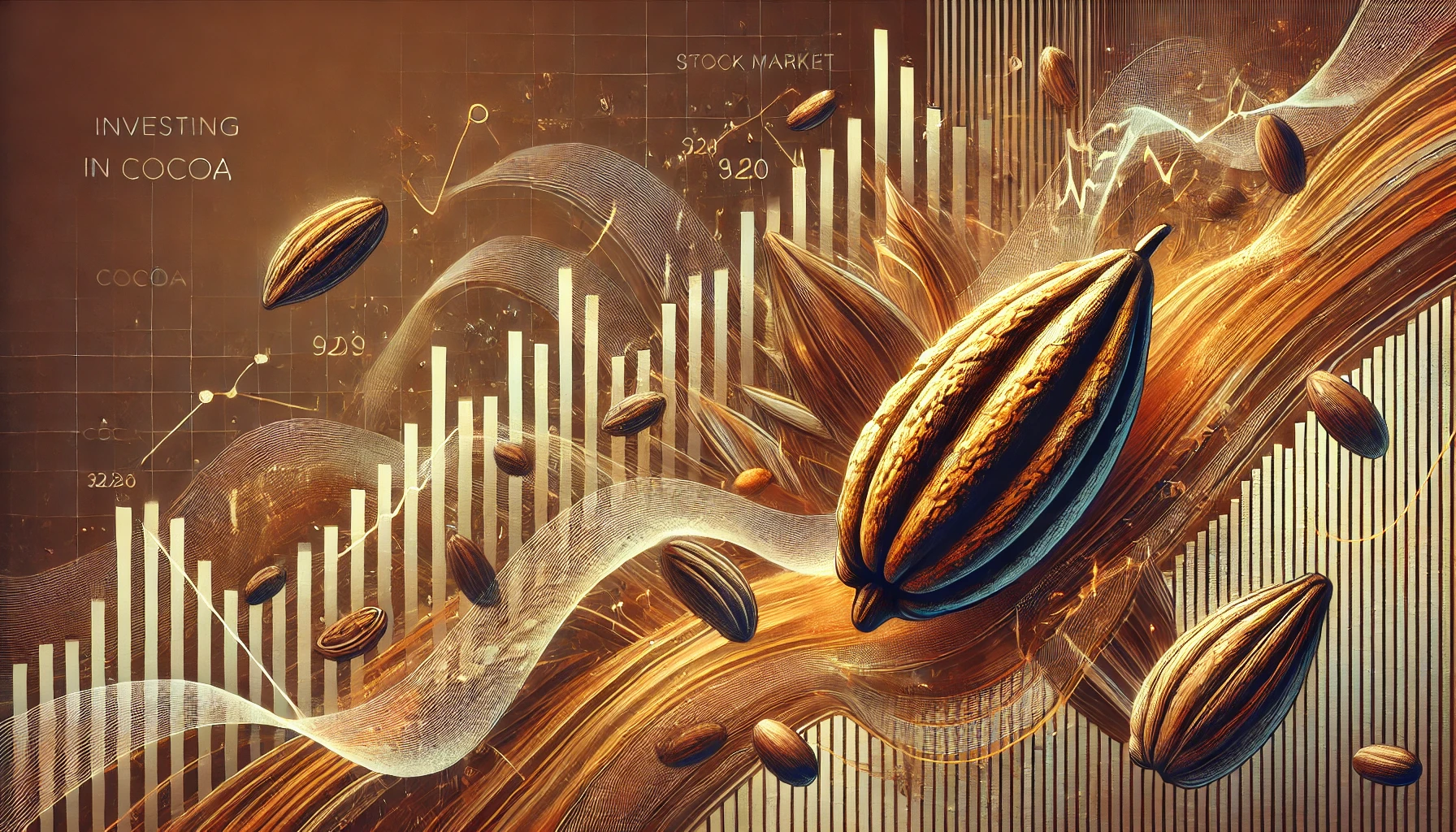The Rise of Gold and Bitcoin: Key Insights for Canadian Investors
Canadian investors are increasingly looking at alternative assets like gold and bitcoin as prices rise. And, with their unique characteristics, these alternative investments offer unique advantages for some. But, most investors should still avoid these types of investments. This post will give investors a unique perspective on investments like gold and bitcoin and explain how they may be used to achieve certain investment goals while avoiding common pitfalls.
Before we begin, let’s put your financial knowledge to the test. Try out our free financial literacy quiz and see how you stack up!
The Three Properties of Money
To comprehend the appeal of gold and bitcoin, let’s revisit the three core properties of money:
- Medium of Exchange: Money should facilitate transactions. While the Canadian dollar excels here, bitcoin is gaining ground, and gold, traditionally strong, is less practical in modern digital transactions.
- Unit of Account: This refers to money as a measure for pricing and accounting. The Canadian and US dollars naturally dominate, but bitcoin struggles due to volatility, and gold is not typically used for everyday accounting.
- Store of Value: Money may have intrinsic value. Here, gold’s physical characteristics make intrinsically valuable. While bitcoin as a digital currency, has no physical characteristics. And, is therefore is not intrinsically valuable. Even though bitcoin may still have a market value.
Gold and Bitcoin: Rising Value and Relation to Fiat Currency
Recently, gold touched a record high per ounce in dollars, and bitcoin soared close to new highs too. These surges are partly attributed to their status as alternative investments during times of geopolitical and economic uncertainty. However, an intriguing aspect is their valuation in fiat currency terms, specifically Canadian and US dollars. The rising price of gold and bitcoin could be more indicative of the declining purchasing power of fiat currencies rather than intrinsic value changes in gold or bitcoin. This perspective is vital for investors considering portfolio diversification.
The distinction between “productive” and “non-productive” assets is a key concept in investment and economic theory. This distinction is particularly relevant when comparing assets like gold and bitcoin to businesses or stocks that generate revenue.
Productive Assets
Productive assets, such as businesses or stocks, are characterized by their ability to generate economic value, typically in the form of revenue, profits, or dividends. These assets are considered “productive” because they actively contribute to economic output or growth. For instance, a company might produce goods or services, thereby generating income for its shareholders through profits or dividends.
Non-Productive Assets
On the other hand, non-productive assets like gold, bitcoin, and land do not inherently produce economic value or income. They don’t generate revenue, dividends, or interest. Their value is not derived from economic output but rather from other factors such as scarcity, demand, perceived value, and market conditions. In other words, supply & demand.
Gold and bitcoin are classic examples of non-productive assets. They don’t generate income or dividends inherently. Instead, their value is driven by factors like supply, demand, historical significance (in the case of gold), and technological innovation and adoption (in the case of bitcoin).
Inflation Hedge and Scarcity
One of the primary benefits of non-productive assets like gold, bitcoin, and land is their potential as hedges against inflation. This attribute is particularly significant in economic environments where traditional fiat currencies are losing value due to inflation. The quote by Phil Ruffin, “we can print money, but we can’t print dirt,” underscores this point. It highlights the inherent scarcity of certain assets, which can protect against the devaluation of government money like Canadian & US dollars.
Investing in Gold and Bitcoin
For Canadian investors pondering diversification with gold or bitcoin, here are some avenues:
- Gold:
- ETFs: Gold exchange-traded funds offer easy exposure to gold prices without the need for physical storage.
- Physical Gold: Buying bars, coins, or jewelry provides a tangible asset, though it comes with considerations of purity, storage, and insurance.
- Gold Stocks: Investing in gold mining companies offers exposure to gold prices, but also includes company-specific risks.
- Bitcoin:
- ETFs: Bitcoin ETFs are a convenient way to invest without dealing with the technicalities of cryptocurrency storage.
- Hosted Wallets: Exchange platforms offer easy buying, selling, and holding of bitcoin.
- Crypto Stocks: Investing in companies linked to the cryptocurrency industry, like Marathon Digital or MicroStrategy, can indirectly expose investors to bitcoin’s price movements.
If you do not have an investment strategy, try out our free investment policy generator for some personalized guidance on how you should allocate your assets!
Should Canadians Invest in Gold and Bitcoin?
For most, probably not. But some may make these investments a meaningful part of their portfolio. If you’re already wealthy, and you want to protect a portion of your wealth from government control, inflation, or taxation. Both gold & bitcoin will help you achieve these objectives. But, using gold & bitcoin as part of your investment portfolio will also expose you to unique risks compared to more traditional investments like stocks, bonds, and real estate. For investors who aren’t already wealthy, entrepreneurship still offers the best path to success. While gold & bitcoin won’t offer any unique advantages that the average investor can’t already access.
If you have any questions about where you should be investing your money, contact us or fill out this free assessment questionnaire to determine if our family office services can help you efficiently manage your wealth!
Unique Challenges to Investing in Gold and Bitcoin
Specifically, to invest in physical gold, you’ll need a secure storage method. This could range from anything like a safe at home, a safety deposit box, or other more esoteric storage methods. For bitcoin, the challenges are even more burdensome. To hold bitcoin directly, you’ll need a high level of technical ability. And, you’ll still need a process to manage access in the future as you transition ownership over the course of your life. So many bitcoins (and other crypto-currency) have been lost when the only person with the locations, passwords, or private keys dies.
How We Can Help
Our family office has experience managing gold & bitcoin in various forms for our clients. But, before helping our clients invest in alternative assets, we ensure those investment match our client’s investment goals as defined by their investment policy statement.
Once we determine that alternative assets are suitable, our family office will help acquire and securely store those assets including: gold, bitcoin, and other digital assets. Please get in touch with us to learn more about these services.
Don’t forget to subscribe to our free newsletter for valuable insights delivered monthly.





Leave a Reply